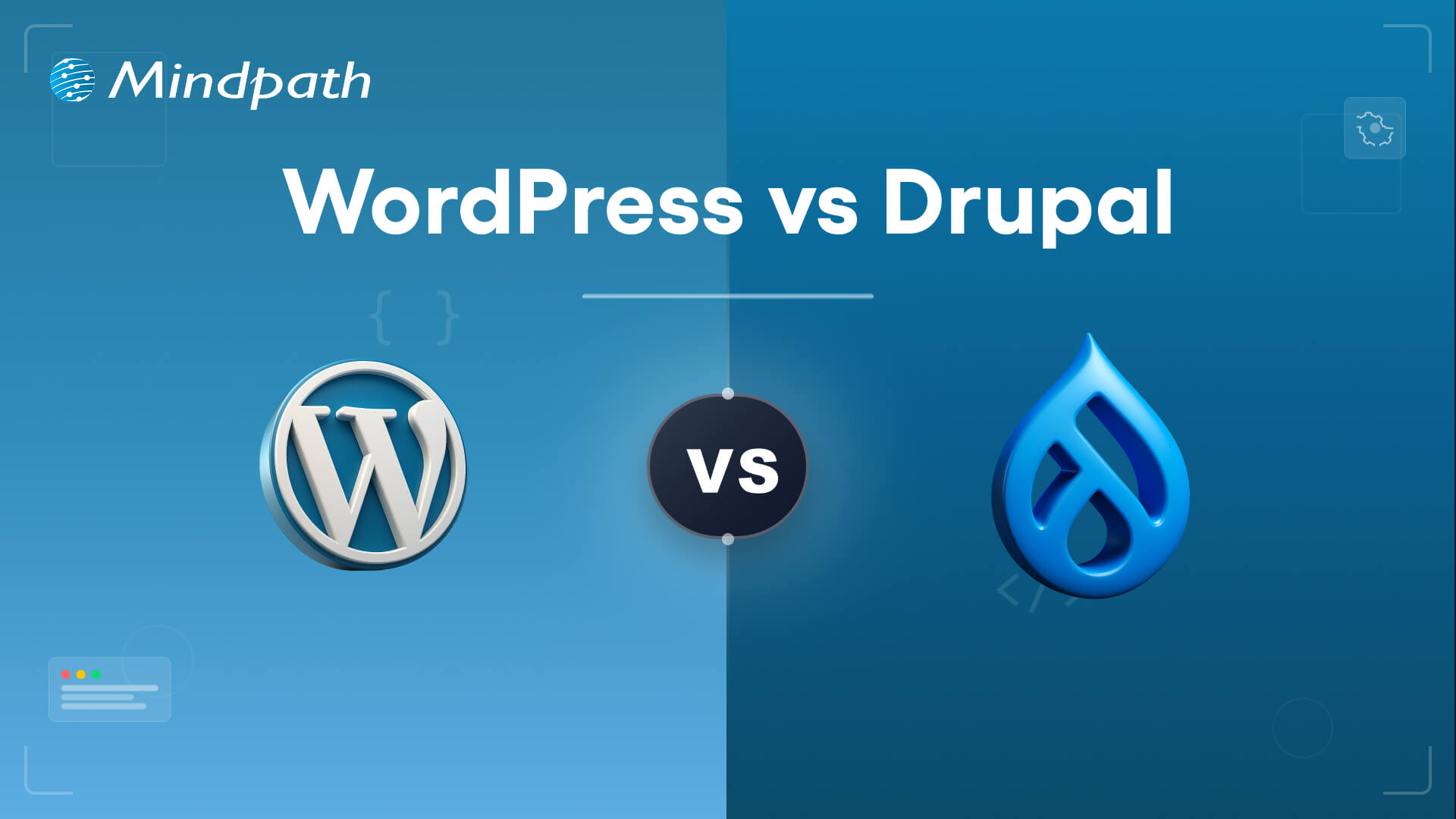Are you looking for skilled Node.js developers in London to build fast and scalable web applications? Do you need experts who can handle real-time data, microservices, or high-performance APIs? Finding the right talent can be challenging, but the good news is—London is home to some of the best Node.js developers ready to bring your vision to life.
Hiring Node.js developers in London gives you access to elite talent capable of creating quick, scalable, and high-performance apps. With skills in real-time data processing, microservices, and API development, these specialists assist firms in developing seamless digital solutions. London’s vibrant tech industry provides competent Node.js engineers who provide creativity, efficiency, and dependability to all projects. Whether you want a dedicated team or a single specialist, hiring Node.js developers in London is an excellent option for developing cutting-edge online apps. They specialize in developing safe, durable, and future-ready solutions that enable organizations to remain competitive in today’s digital environment. London-based Node.js engineers have a thorough grasp of JavaScript, backend development, and cloud integration, allowing them to create contemporary, scalable software solutions that are suited to your specific requirements.
Let’s explore how hiring Node.js experts in London can benefit your business!
Advantages of Hiring Node.js Developers in London
1. Scalability and performance
2. Cost-effectiveness
3. Faster development cycles
4. High-quality talent pool
5. Experience with latest trends
Ready to Build Scalable, High-Performance Applications?
At Mindpath. we offer expert Node.js developers who can bring your project to life with speed, efficiency, and innovation. Whether you need a dedicated team or individual developers, our professionals are equipped to handle all your Node.js development needs. Let’s build something great together.











